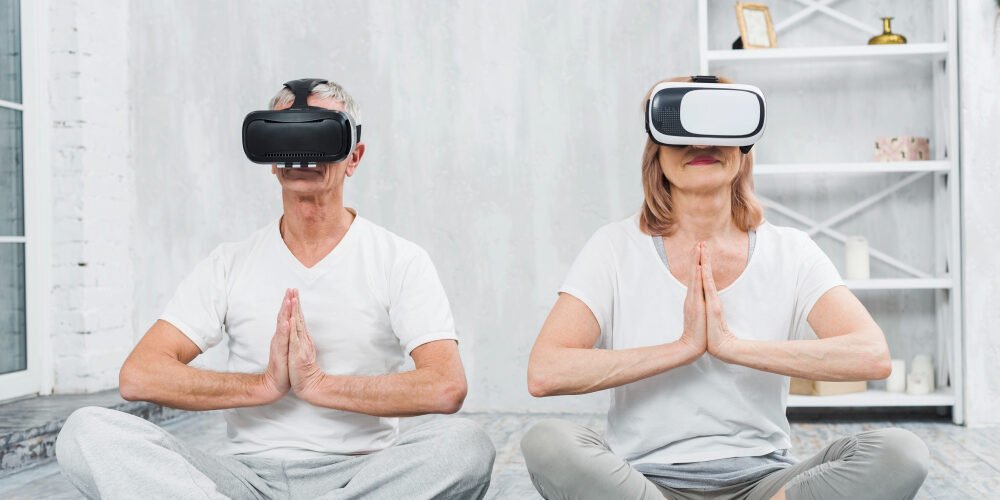Table of Contents
Virtual Reality (VR) therapy represents a groundbreaking approach to mental health treatment, offering immersive experiences that can facilitate healing in ways previously unimaginable. In this article, we delve into the world of VR therapy, exploring its mechanisms, applications, effectiveness, and future prospects.
Introduction to Virtual Reality (VR) Therapy
In a world where mental health concerns are on the rise, innovative solutions like VR therapy offer new hope for individuals struggling with various conditions. VR therapy involves the use of immersive virtual environments to simulate real-life scenarios, providing a safe space for individuals to confront and overcome their challenges.
Understanding Healing in Virtual Reality
At the core of VR therapy is the concept of exposure therapy, where patients are gradually exposed to their fears or triggers in a controlled environment. By immersing individuals in virtual settings tailored to their specific needs, therapists can guide them through therapeutic experiences that promote healing and resilience.
Applications of VR Therapy
The versatility of VR technology allows for a wide range of applications in mental health treatment. From addressing anxiety disorders and managing stress to overcoming phobias and aiding in pain management, VR therapy offers solutions for diverse psychological concerns.
The Science Behind VR Therapy
Numerous studies have demonstrated the efficacy of VR therapy in treating various mental health conditions. By activating brain regions associated with emotion regulation and learning, VR experiences can induce meaningful therapeutic outcomes.
Accessibility and Affordability
With advancements in VR technology, access to VR therapy is becoming more widespread and affordable. From standalone headsets to smartphone-based solutions, there are options to suit different needs and budgets, making VR therapy more accessible to a broader audience.
Effectiveness and Success Stories
Real-life success stories highlight the transformative power of VR therapy. From combat veterans overcoming PTSD to individuals conquering their deepest fears, the positive impact of VR therapy is evident in the lives of countless individuals.
Addressing Concerns and Misconceptions
While VR therapy holds great promise, it’s essential to address concerns regarding safety, privacy, and potential adverse effects. Ethical guidelines and rigorous safety protocols help ensure that VR therapy remains a safe and effective treatment option.
Future Prospects and Developments
As technology continues to evolve, so too will the field of VR therapy. Innovations such as biofeedback integration and personalized virtual environments hold the potential to further enhance therapeutic outcomes and revolutionize mental health care.
Conclusion
In conclusion, VR therapy represents a paradigm shift in mental health treatment, offering a unique blend of immersion, engagement, and effectiveness. By harnessing the power of virtual reality, individuals can embark on transformative journeys towards healing and well-being.
FAQs:
- Is VR therapy suitable for everyone?
- While VR therapy can be beneficial for many individuals, it’s essential to consult with a qualified therapist to determine its suitability for your specific needs.
- Are there any side effects associated with VR therapy?
- While rare, some individuals may experience symptoms such as motion sickness or disorientation during VR therapy sessions. These effects are typically temporary and can be mitigated with proper guidance and support.
- How long does a typical VR therapy session last?
- The duration of VR therapy sessions can vary depending on the individual’s needs and treatment goals. Sessions may range from 30 minutes to an hour or more, with therapists tailoring the length accordingly.
- Is VR therapy covered by insurance?
- Coverage for VR therapy may vary depending on your insurance provider and policy. It’s advisable to check with your insurer to determine your coverage options.
- Can VR therapy be used in conjunction with other forms of treatment?
- Yes, VR therapy can complement traditional psychotherapy and medication, offering an integrated approach to mental health treatment.


